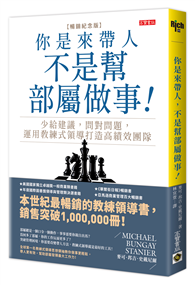Merleau-Ponty’s phenomenology, with its concern not to place the subject or the world as precedence for understanding the relationship between being and the lived world, breaks with the main philosophical currents of modernity, namely intellectualism and empiricism. To overcome this, Merleau-Ponty uses the notion of his own body and approaches perception from the point of view of the perceiver. As a result, the being in the world, situated in its surrounding world, is in a constant relationship with it, without ever distinguishing itself. The cogito, therefore, elevated to absolute status by Descartes, is once again "mundane" in this phenomenological philosophy. Thought no longer has the power to "swallow" everything apart from the world. To be in the world, in short, is to be situated in an experiential effectiveness, in which subject and world intertwine in a mutuality that forms the only possible experience. Finally, this article will deal with this overcoming of phenomenology in the face of the egoic absolutism left by Descartes’ intellectualism.
| FindBook |
有 1 項符合
Merleau-Ponty’s own body and tacit cogito的圖書 |
 |
Merleau-Ponty’s own body and tacit cogito 作者:Azevedo 出版社:Our Knowledge Publishing 出版日期:2024-06-26 語言:英文 規格:平裝 / 124頁 / 22.86 x 15.24 x 0.74 cm / 普通級/ 初版 |
| 圖書館借閱 |
| 國家圖書館 | 全國圖書書目資訊網 | 國立公共資訊圖書館 | 電子書服務平台 | MetaCat 跨館整合查詢 |
| 臺北市立圖書館 | 新北市立圖書館 | 基隆市公共圖書館 | 桃園市立圖書館 | 新竹縣公共圖書館 |
| 苗栗縣立圖書館 | 臺中市立圖書館 | 彰化縣公共圖書館 | 南投縣文化局 | 雲林縣公共圖書館 |
| 嘉義縣圖書館 | 臺南市立圖書館 | 高雄市立圖書館 | 屏東縣公共圖書館 | 宜蘭縣公共圖書館 |
| 花蓮縣文化局 | 臺東縣文化處 |
|
|
圖書介紹 - 資料來源:博客來 評分:
圖書名稱:Merleau-Ponty’s own body and tacit cogito
|











